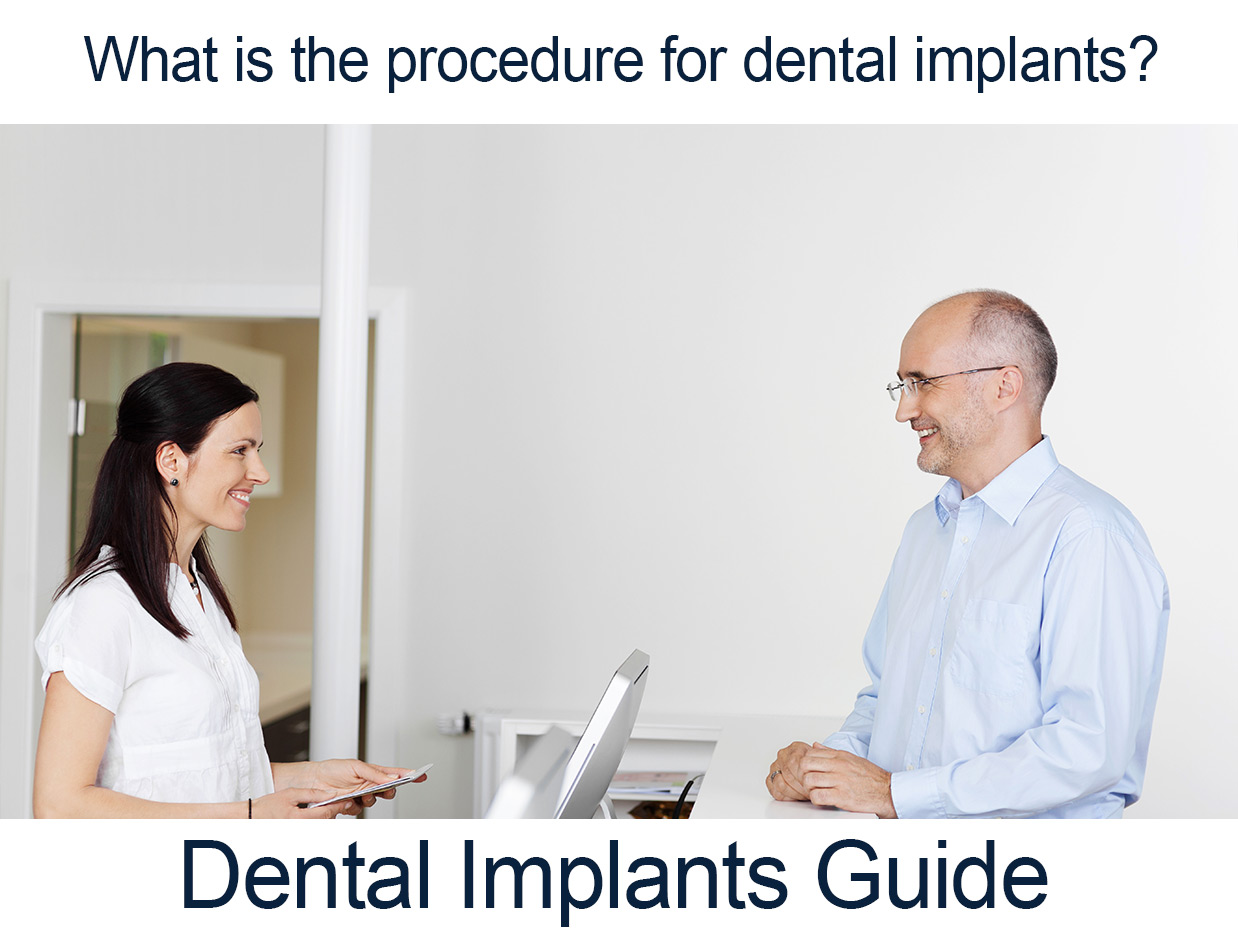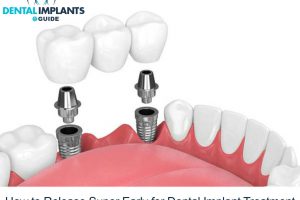What is the procedure for dental implants?
What is the procedure for dental implants?
High Quality Dental Implants Affordable Prices FREE Consultation

What you can expect?
Dental implant surgery is usually done as an outpatient operation in stages, with recovery time in between. The placement of a dental implant entails many procedures, including:
- Removal of a damaged tooth
- Where necessary, jawbone preparation (grafting) is performed.
- Placement of dental implants
- Bone development and regeneration
- Placement of the abutment
- Placement of a dental implant
From start to finish, the process will take several months. Most of the time is spent recovering and waiting for fresh tissue to form in your jaw. Specific measures should be combined depending on the condition, the treatment performed, or the materials used. Consult the physician on the right treatments for you, visit the best dental implants in Perth for more info.

When bone grafting is required
To give the dental implant a stable base, the oral surgeon may need to transplant a small portion of bone from another location in the upper or lower jawbone.
Before you may get dental implant surgery, you can require bone grafting if your jawbone isn’t thick enough or fragile. Since your mouth’s strong chewing motion puts a lot of weight on your bone, the surgery will most likely fail if it can’t accommodate the implant. A bone graft will strengthen the implant’s foundation.
To repair a jawbone, a variety of bone graft materials may be used. A natural bone graft, such as one taken from another part of the body, or a synthetic bone graft, such as a bone substitute material that may provide support mechanisms for new bone formation, are also possibilities.
The transplanted bone can take several months to develop enough new bone to accommodate a dental implant. You will only require mild bone grafting in some cases, which can be performed simultaneously as the implant operation. How you continue is determined by the state of your jawbone.
What Are the Benefits of Dental Implants?
Dental implants have several benefits, including:
- Dental implants produce teeth that are the most natural-looking, smelling, and functioning.
- Implants have a similar feel to real teeth and have the same aesthetics as natural-looking teeth, allowing you to consume various foods.
- Implants are locked in your mouth, eliminating the mobility and pain that removable alternatives can cause.
- Dental implants block neighbouring teeth from shifting, causing issues with alignment.
- Unlike removable dentures, which can induce bone deterioration, dental implants stimulate and protect the remaining bone.
- The neurological benefits of implant therapy, such as the sensation of being wholly rehabilitated – no more missing teeth!
What Is The Recovery Time For Dental Implants?
Dental implant healing times vary based on your medical and dental records, the state of your jaw bone before surgery, the number of teeth replaced, and whether or not you need bone or gum grafting. The downtime could last a few days or a few weeks, depending on your circumstances. It usually just takes a couple of days to feel comfortable again. It takes about 3-6 months for the jawbone and gum tissue to recover fully.
(Discuss your dental situation with us)
Are there alternative options to dental implants?
If dental implants aren’t a choice for you, your dentist or dental surgeon will suggest other alternatives. A tooth-supported fixed bridge, partial dentures, complete dentures, or a resin-bonded bridge are alternatives to implants.
It’s important to talk to the doctor on whether or not you’re a good candidate for some surgery or invasive treatment.
What are the alternatives to dental implants?
Wearing dentures or using a dental bridge are two alternatives to dental implants. Dental implants benefit from looking and feeling like your natural teeth while not compromising the consistency of your other teeth.
Reference
Naujokat, H., Kunzendorf, B. & Wiltfang, J. Dental implants and diabetes mellitus—a systematic review. Int J Implant Dent 2, 5 (2016). https://doi.org/10.1186/s40729-016-0038-2
Annibali S, Cristalli MP, Dell’Aquila D, Bignozzi I, La Monaca G, Pilloni A. Short Dental Implants: A Systematic Review. Journal of Dental Research. 2012;91(1):25-32. doi:10.1177/0022034511425675
F. Marchand, A. Raskin, A. Dionnes-Hornes, T. Barry, N. Dubois, R. Valéro, B. Vialettes, Dental implants and diabetes: Conditions for success, Diabetes & Metabolism, Volume 38, Issue 1, 2012, Pages 14-19, ISSN 1262-3636, https://doi.org/10.1016/j.diabet.2011.10.002









